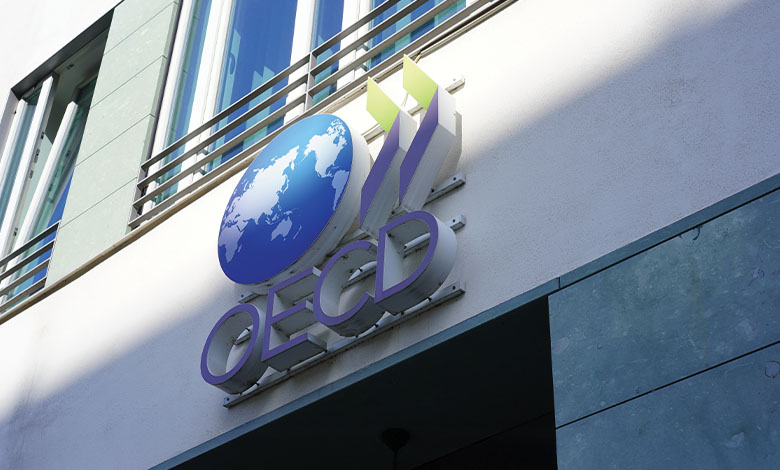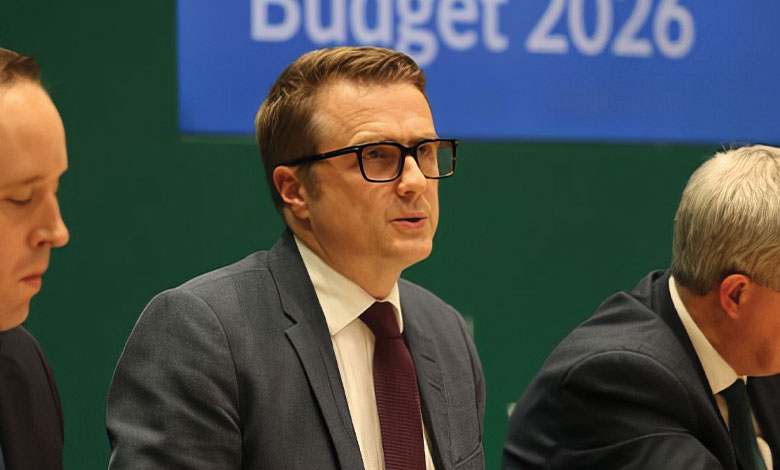
Respond on target to increase housing stock by over 50 per cent
5th November 2020
Housing for all: Delivering affordable purchase and rental housing
5th November 2020Will the State’s largest ever housing budget deliver housing for all?

The Programme for Government agreed by Fianna Fáil, Fine Gael and the Green Party pledged “housing for all”. As they pursue that goal, the Government’s first budget has delivered the largest housing budget in State history.
With the housing and homelessness crises topping the list of priorities as Ireland went to the polls in February 2020, the coalition government that arose from the General Election has had to place recovery in these areas to the forefront of their policies. As such, “Housing for all” was one of 12 “missions” outlined in the Programme for Government (PfG) eventually agreed by the tri-party coalition.
In the PfG, the Government state that they “believe that everybody should have access to good quality housing to purchase or rent at an affordable price, built to a high standard and located close to essential services offering a high quality of life”. With the Covid-19 crisis placing even greater emphasis on the need for people to be housed, and to be housed in adequate accommodation that can allow for self-isolation, the onus on the Government to deliver on these words is now even stronger than it had been previously. The PfG admits that Covid poses a threat to the level of construction growth needed, and subsequent analysis point to the fact that growth has been severely hampered this year, but the Government pledges to “work with the construction sector to ensure that the number of new build homes continues to grow in the years ahead”. This need to get back on track has been reflected in the allowance for the continuation of construction work after Ireland entered level five restrictions in October.
Under the heading “affordable home ownership”, the Government pledges a number of measures, some of which have already been set into motion, including the progression of the State-backed affordable purchase scheme, the extension of the Serviced Sites Fund, and the expansion of Part V planning regulations to include affordable purchase and cost rental units. In the area of public and social housing, the PfG commits to an increase in the social housing stock by over 50,000 over the five years of the Government’s tenure, the “majority of which will be built by local authorities, approved housing bodies (AHBs) and State agencies”.
The Government has previously spoken about wanting to return the power to build social housing to local authorities and pledges in the PfG to put in place appropriate controls to allow local authorities to increase their discretionary funding for building social housing from €2 million to €6 million. Notably, the Government also pledges to work with AHBs on a package of reforms that will allow them to access finance easier and move off balance sheet.
The AHB sector has been campaigning for its reclassification since its borrowing was placed on the governments balance sheet by the Eurostat, the EU’s statistics office, and the Central Statistics Office (CSO) , with constant warning that the objectives for the sector included in Rebuilding Ireland would be impossible to achieve without doing so. A social housing reform package is also promised, with four stated goals: the introduction of a social housing passport to allow households to move from one local authority to another; the maintenance of a tenant’s right to purchase their own home, but the requirement for them to have been in situ for 10 years, the reduction of the discount to a 25 per cent maximum and giving the power to local authorities to have first call; the standardisation of the differential rents regime; and the creation of a website to allow for choice-based letting on a nationwide basis.
[box type=”shadow” align=”” class=”” width=””]
The PfG outlines eight key objectives for the Government in housing over the course of its tenure. It pledges to:
- put affordability at the heart of the housing system;
- prioritise the increased supply of public, social and affordable homes;
- progress a State-backed affordable home purchase scheme to promote home ownership;
- increase the social housing stock by more than 50,000, with an emphasis on new builds;
- tackle homelessness;
- ensure local authorities are central to delivering housing;
- work with the private sector to ensure an approximate mix and type of housing is provided nationally; and
- improve the supply and affordability of rental accommodation and the security of tenure for renters.
[/box]
In terms of rental, the Government pledges the development of a cost rental model for delivery of housing that “will be informed by international experience of the delivery of cost rental, such as the ‘Vienna Model’ and others”. A reduction of reliance on Housing Assistance Payment (HAP) as supply increases and the examination of the creation of a system for the holding of rental deposits is also pledged.
Security of tenure has been a hot-button issue for a long time, with arguments over the constitutionality of rent freezes a key battleground of the pre-election discourse. Covid-19 has ratcheted up arguments in favour of rent freezes and eviction bans, with temporary measures brought into that effect at the beginning of the pandemic had lapsed. Since the introduction of the level five restrictions, the eviction ban has been reimplemented. Long-term, the Government pledges to “improve the security of tenure for tenants, through legislating for tenancies of indefinite duration, increasing Residential Tenancies Board inspections and enforcement and examining incentives for long-term leasing”.
To fund the kind of ambitions outlined in the PfG, the Government unveiled the State’s largest ever housing budget in Budget 2021. The €5.169 billion budget for the newly renamed Department of Housing, Local Government and Heritage will include an extra €773 million to be spent on housing, €110 million of which will be specifically for an affordable housing scheme.
Despite the increased figures in funding, opposition parties have voiced criticism of the Budget’s plans for housing delivery. €500 million will be spent to provide 9,500 newly constructed social housing units, and an overall 12,750 units with the remainder to be delivered through leasing and acquisition of existing properties. Rebuilding Ireland’s plan for the year 2021 had been the delivery of 12,157 units through similar methods and opposition parties have been quick to point out that this vastly increased spending is delivering less than 600 additional units compared to what had been originally planned by the previous Fine Gael government.
The €110 million pledged to the funding of the affordable housing scheme has been one measure that has come in for particular criticism and was labelled as “hugely disappointing” by Sinn Féin housing spokesperson Eoin Ó Broin TD. Details of the affordable housing scheme will be published “in the coming months” according to Minister for Housing, Local Government and Heritage, Darragh O’Brien TD; with output down 35 per cent due to the pandemic and the country coming to grips with another lockdown, which further emphasises the need for “housing for all” to truly mean all, the reach of that scheme will need to be vast.






